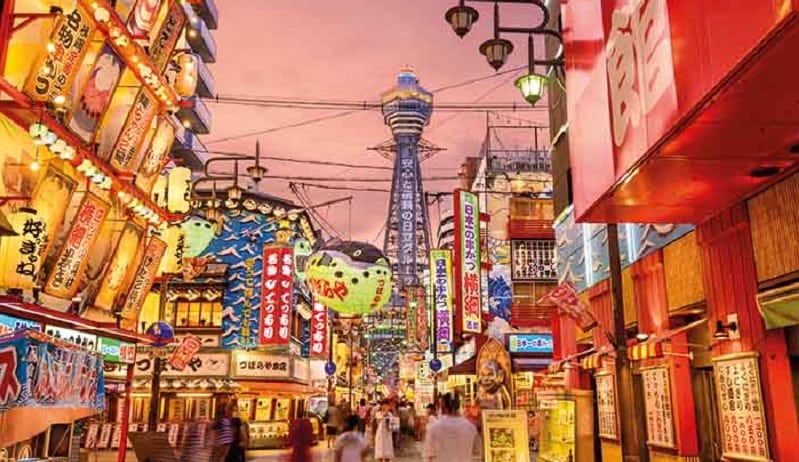Japanese equities saw net inflows of €2.9bn (£2.6bn) in October, taking cumulative inflows into the asset class since June up to €6.5bn. According to Morningstar data, we have to go back to early 2015 to find a similar streak of inflows.
Thomas Romig, head of multi-asset at Assenagon in Frankfurt, went big in Japan ahead of the crowd. “We increased our exposure to Japan to 15% of our total equity allocation back in August already, as we believe the re-election of Abe and expected reflation should benefit local equity markets,” he says.

Source: Morningstar
His Japan bet has served Romig well, with the benchmark Topix Index up 12% over the past three months (9.6% in euro terms).
Ghosts of the past
However, on the (much) longer term, Japanese equities and good returns aren’t exactly close associates: since the start of the century, the Topix has generated a staggeringly low total return of not even 6% in euro terms (and even a negative return in yen). Over the same period, the MSCI AC World Index has almost doubled in value.

This less than inspiring long-term track record of Japanese equities is exactly the reason most of Europe’s fund buyers don’t feel hard pressed to overweight the asset class, even when they see reasonable opportunities.
The bulk of Europe’s fund buyers have no particular conviction about Japanese stocks. In fact, there is no asset class they are as agnostic on as Japanese equities. When we ask fund buyers about their asset allocation intentions each quarter, the bulk of them tend to say they plan to keep their allocation unchanged almost by default (see chart).

Eddy Vanwittembergh, of the Belgian wealth manager Merit Capital, agrees the past continues to haunt Japanese equities. “Many investors still regard Japanese equities as a market with extreme valuations in the 1970s and 1980s which hasn’t delivered since,” he says.
“Since I started working as a fund selector, every year someone calls me up to tell me that this will be the year of Japan,” says Alessandro Viviani, a fund analyst at Eurovita, an Italian life insurance company. “But investors don’t buy that anymore.”
And when Japanese equities outperform, that’s usually thanks to a weakening yen, he adds.
Article continues on the next page…









